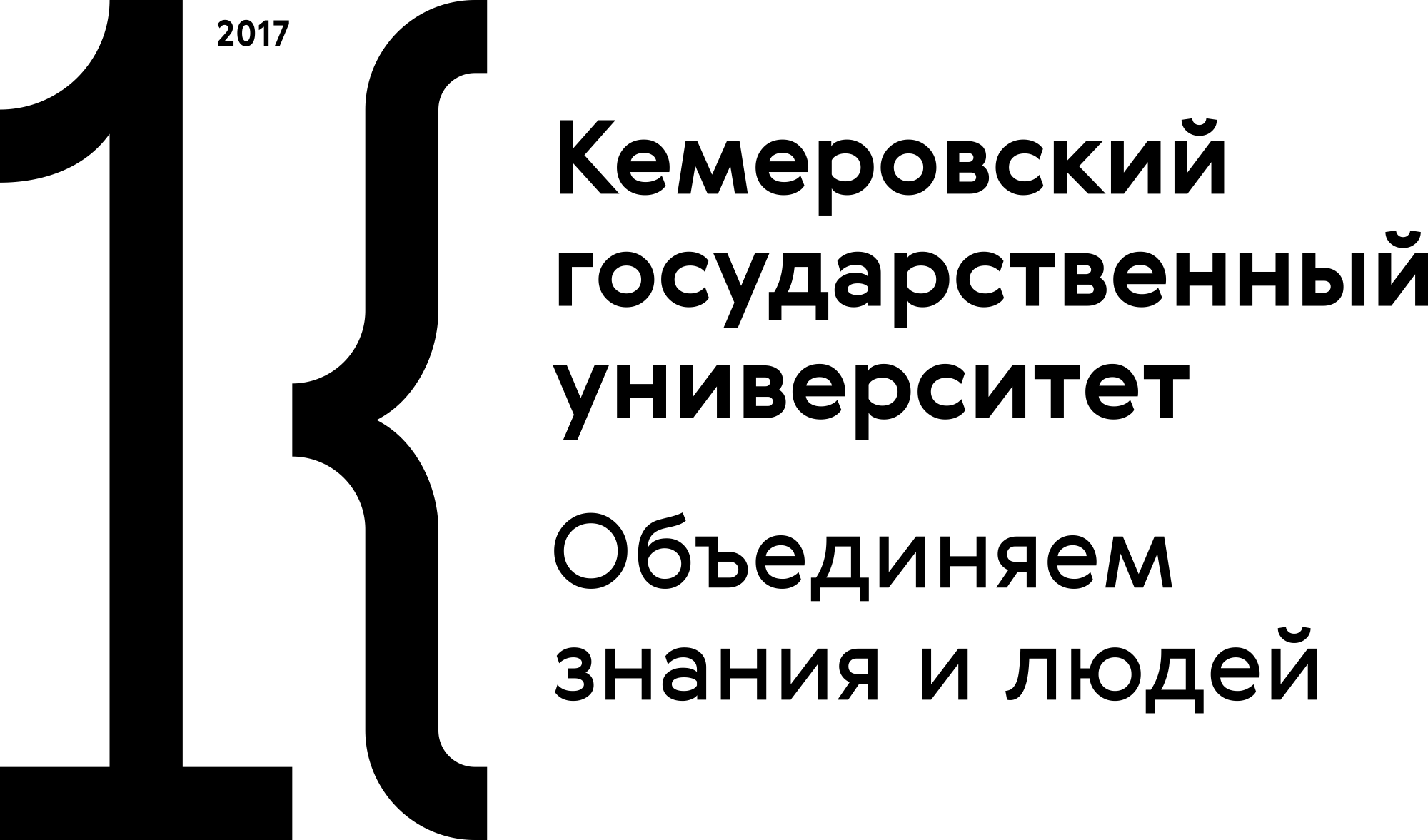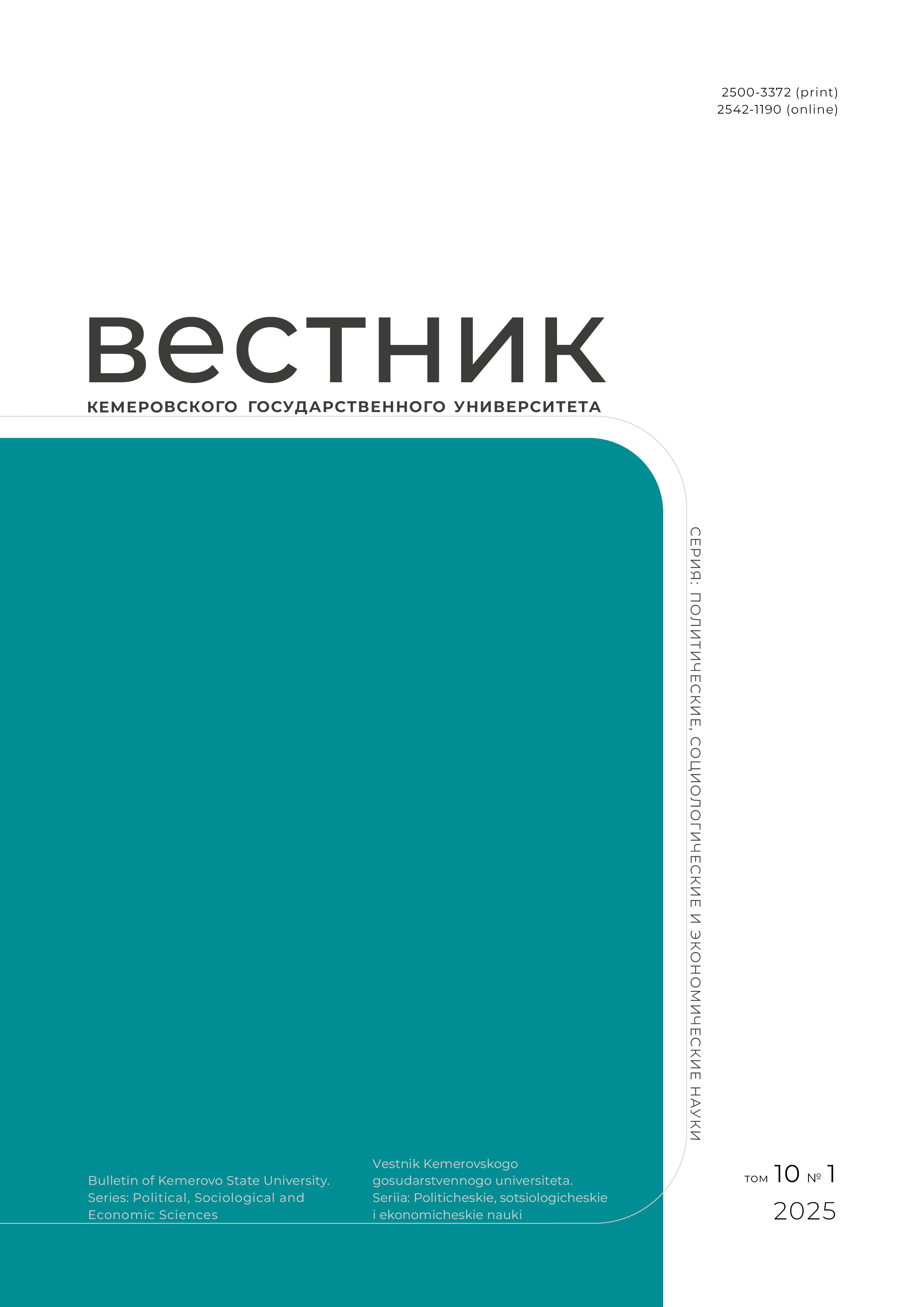Moscow, Moscow, Russian Federation
Nizhny Novgorod, Russian Federation
Moscow, Moscow, Russian Federation
Lipetsk, Lipetsk, Russian Federation
Globalization, new technologies, the COVID-19 pandemic, and international military conflicts keep affecting human lives across the globe. The article offers a comparative analysis of life satisfaction against such social indicators as happiness and life quality. Satisfaction with life is associated with pro-government attitudes and social stability, which makes it a useful tool in defining the relevant public opinions about the current global events. The concept of life satisfaction was identified in its connection with achieving happiness and improving the quality of life. The authors assessed the impact of external factors on life satisfaction before the pandemic (2015–2017), during the pandemic (2019–2021) and after the pandemic (2021–2023) across countries to identify the changes brought about by public policy measures. The data obtained by standard research methods were subjected to statistical analysis to conduct a cross-country comparison and the method of time series to identify the chronological changes. The authors summarized various theoretical approaches to the concept of satisfaction with life, Life Quality Index, and Happiness Index. The results may help public authorities in selecting effective managerial decisions in public policy.
satisfaction with life, quality of life, life quality index, happiness index, global changes, COVID-19 pandemic
1. Bezzubko L. V., Pushkareva N. A. Life in a modern city. Scientific dialogue: Issues of sociology, political science, philosophy, and history: Proc. Intern. Online-Conf., Cheboksary, 17 May 2017. Cheboksary: Interactive plus, 2008. (In Russ.) URL: https:/interactive-plus.ru/ru/article/1920/discussion_platform (accessed 25 Sep 2024).
2. Melehin A. I. Quality of life in elderly age: Areas of concern. Journal of Modern Foreign Psychology, 2016, 5(1): 53–63. (In Russ.) https://doi.org/10.17759/jmfp.2016050107
3. Andreenkova A. V., Andreenkova N. V. Comparative analysis of life satisfaction determinants in Russia and in Europe. Discourse, 2019, 5(1): 67–81. (In Russ.) https://elibrary.ru/ylmyel
4. Klimonova A. N. Historical development of the state policy of Russia in the sphere of increasing the well-being of the population. Vestnik Tambovskogo universiteta. Seriya: Gumanitarnye nauki, 2021, 26(193): 238–245. (In Russ.) https://doi.org/10.20310/1810-0201-2021-26-193-238-245
5. Smirnova T. A. The influence of living standards on happiness: A socio-philosophical analysis. Young researcher: From idea to project: Proc. IV Sci.-Prac. Conf., Yoshkar-Ola, 15 Jun 2020. Yoshkar-Ola: MarSU, 2020, 347–348. (In Russ.) https://elibrary.ru/bptcpu
6. Chernysh M. F. Factors of influence on the state of happiness in the contemporary Russian society. Sociologicheskaja nauka i social’naja praktika, 2019, 7(2): 9–33. (In Russ.) https://doi.org/10.19181/snsp.2019.7.2.6407
7. Rikel A. M., Tuniyants A. A., Batyrova N. The concept of subjective wellbeing in the hedonistic and eudemonistic approaches. Moscow University Psychology Bulletin, 2017, (2): 64–82. (In Russ.) https://elibrary.ru/zrcnqb
8. Shilova V. A. Classification of communicative strategies in the implementationof management decisions. Sociologicheskaja nauka i social’naja praktika, 2019, 7(3): 136–150. (In Russ.) https://doi.org/10.19181/snsp.2019.7.3.6694
9. Helliwell J. F., Shiplett H., Barrington-Leigh C. P. How happy are your neighbours? Variation in life satisfaction among 1200 Canadian neighbourhoods and communities. PloS ONE, 2019, 14(1). https://doi.org/10.1371/journal.pone.0210091
10. Antipina O. N., Khomutov A. A. How does life satisfaction depend on the settlement type? Voprosy teoreticheskoy ekonomiki, 2024, (2): 103–115. (In Russ.) https://doi.org/10.52342/2587-7666VTE_2024_2_103_115
11. Easterlin R. A., O’Connor K. J. The Easterlin paradox. Bonn: IZA, 2020, 42.
12. Kislitsyna O. A. Measuring the quality of life / well-being: International experience. Moscow: Institute of Economics of the RAS, 2016, 62. (In Russ.)
13. Heady B., Wearing A. Personality, life events, and subjective well-being: Toward a dynamic equilibrium model. Journal of personality and social psychology, 1989, 57: 731–739. https://elibrary.ru/hiuykf
14. Diener E. Subjective well-being. Psychological Bulletin, 1984, 95(3): 542–575. https://doi.org/10.1037/0033-2909.95.3.542
15. Brunstein J. C. Personal goals and subjective well-being. Journal of Personality and Social Psychology, 1993, 65(5): 1061–1070. https://doi.org/10.1037/0022-3514.65.5.1061
16. Fang L., Allan A. and Dickson J. M. Purpose in life and associated cognitive and affective mechanisms. Journal of Happiness Studies, 2024, 25(63). https://doi.org/10.1007/s10902-024-00771-6
17. Steptoe A. Happiness and health. Annual Review of Public Health, 2019, 40: 339–359. https://doi.org/10.1146/annurev-publhealth-040218-044150
18. Vtyurina E. V., Nikulina E. V. Interrelation of psychological wellbeing and resistance to stress of the personality. Student Scientific Forum 2014: Proc. VI Intern. Online Sci. Conf., 15 Feb – 31 Mar 2014. (In Russ.) URL: https://scienceforum.ru/2014/article/2014001870 (accessed 20 Sep 2024).
19. Zweig J. S. Are Women happier than men? Evidence from the Gallup world poll. Journal of Happiness Studies, 2015, 16: 515–541. https://doi.org/10.1007/s10902-014-9521-8
20. Lastochkina M. A. Factors of satisfaction with life: Assessment and empirical analysis. Problemy prognozirovaniia, 2012, (5): 132–140. (In Russ.) https://elibrary.ru/piibar
21. Chertkova Yu. D., Alekseeva O. S., Fominykh A. Ya. Life satisfaction, personality traits and Dark triad. Psychological Studies, 2016, 9(45). (In Russ.) https://doi.org/10.54359/ps.v9i45.491
22. Li L. M. V., Lun V. M.-C., Bond M. H. et al. The role of cultural heterogeneity in strengthening the link between family relationships and life satisfaction in 50 societies. Journal of Happiness Studies, 2024, 25(76). https://doi.org/10.1007/s10902-024-00768-1
23. Andreenkova N. V. Comparative analysis of life satisfaction and its determining factors. Monitoring of Public Opinion: Economic and Social Changes, 2010, (5): 189–215. (In Russ.)
24. Asselmann E., Bendau A., Hoffmann K., Ewert C. Self-compassion predicts higher affective well-being and lower stress symptoms through less dysfunctional coping: A three-wave longitudinal study during the COVID-19 pandemic. Journal of Happiness Studies, 2024, 25(55). https://doi.org/10.1007/s10902-024-00755-6
25. Shalaginova K. S., Chilachava M. K. Socio-psychological consequences of the COVID-19 pandemic. Mezhdunarodnyi nauchno-issledovatelskii zhurnal, 2022, (2-2): 175–177. (In Russ.) https://doi.org/10.23670/IRJ.2022.116.2.065
26. Romanova M. M., Blinova E. A. The index of happiness as a parameter of satisfaction with the life of the population. The Eurasian Scientific Journal, 2022: 14(2). (In Russ.) URL: https://esj.today/PDF/14ECVN222.pdf (accessed 20 Sep 2024). https://elibrary.ru/tmrdqe
27. Veenhoven R. Is happiness relative? Social Indicators Research, 1991, 24(1): 1–34. https://doi.org/10.1007/bf00292648
28. Sumner L. W. Welfare, happiness, and ethics. NY: Oxford University Press, 1999, 625.
29. Helliwell J. F., Huang H., Shiplett H., Wang S. Happiness of the younger, the older, and those in between. World Happiness Report 2024, eds. Helliwell J. F., Layard R., Sachs J. D., De Neve J.-E., Aknin L. B., Wang S. Oxford: Wellbeing Research Centre at the University of Oxford, 2024. http://doi.org/10.18724/whr-f1p2-qj33
30. Bobkov V. N., Gulyugina A. A., Odintsova E. V. About the risks in the sphere of living standards of the Russian population, opportunities and solutions to reduce them. Uroven' zhizni naseleniya regionov Rossii, 2024, 20(1): 59–75. (In Russ.) https://doi.org/10.52180/1999-9836_2024_20_1_6_59_75
31. Zakovryazhin M. Yu. Influence of professional stress on the mental health of staff. Vestnik nauki, 2024, 2(6): 1384–1393. (In Russ.) https://elibrary.ru/ookdsw
32. Rojas M. The joint enjoyment of life. Explaining High Happiness in Latin America. Journal of Happiness Studies, 2024, 25(100). https://doi.org/10.1007/s10902-024-00817-9
33. Karpunina E. K., Karpunin D. V., Alekhina O. F., Shvetsova I. N., Susliakova O. N., Vitiutina T. A., Ponomarev S. V., Butova L. M., Nazarchuk N. P., Abalakin A. A., Gubernatorova N. N., Fedotova E. V., Astakhin A. S. Modern approaches to economic security of the state and regions in times of uncertainty. Moscow: Rusains, 2022, 306. (In Russ.) https://www.elibrary.ru/fbodgm
34. Karpunina E. K., Usanov A. Yu., Trufanova S. A., Gubernatorova N. N. Foreign economic activity as a determinant of Russia’s economic security: Assessment of threats and prospects for development under sanctions restrictions. Izvestiya Yugo-Zapadnogo gosudarstvennogo universiteta. Seriya: Ekonomika. Sotsiologiya. Menedzhment, 2022, 12(5): 10–26. (In Russ.) https://elibrary.ru/cktnde

















